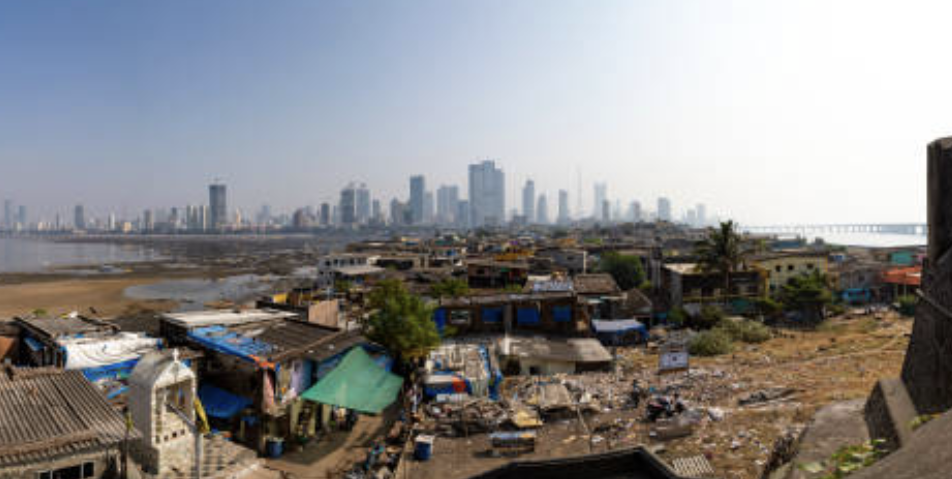
Posted on Thursday, October 31, 2024
With the rise of industrialization, India’s roll forming industry has experienced significant growth, playing a crucial role in producing essential metal profiles for construction, automotive, and other sectors. However, as the industry expands, so does its environmental footprint, with concerns around energy consumption, waste production, and carbon emissions becoming increasingly urgent. In this post, we’ll explore the environmental impact of roll forming in India and share actionable steps to make this process more sustainable.
Roll forming, a process that involves the continuous shaping of metal sheets into desired profiles, inherently consumes substantial energy, produces metal waste, and often relies on non-renewable energy sources. Here’s a closer look at the key environmental concerns:
Addressing these challenges is essential, not only to reduce the ecological footprint of roll forming but also to align with India’s commitment to sustainable development and environmental protection.
To make the roll forming process more environmentally friendly, adopting sustainable practices is key. Here are some effective strategies:
Several technological advancements are available to make roll forming machines more eco-friendly. These modifications are effective in lowering energy consumption and reducing waste:
Case Study 1: Indian Factory Adopts Solar Power for Roll Forming
One Indian manufacturing facility recently switched to solar energy, powering over 70% of its roll forming operations through renewable energy. By doing so, the factory not only reduced its carbon footprint but also saw a significant decrease in electricity costs, reinforcing the economic benefits of sustainable practices.
Case Study 2: Automated Roll Forming in Germany Inspires Indian Manufacturers
In Germany, a facility that integrated IoT-based monitoring systems saw a 20% reduction in energy usage within the first year of implementation. This approach inspired several Indian companies to follow suit, demonstrating that real-time monitoring and adjustments can lead to meaningful environmental impact reductions without compromising output.
As environmental awareness increases, roll forming companies in India are realizing the value of going green. Here’s how Indian roll forming companies can take steps toward sustainability:
Sustainability is not just an environmental responsibility; it is increasingly a competitive advantage in a global economy that values eco-friendliness. As India’s roll forming industry grows, companies that embrace sustainable practices will be better positioned to thrive, ensuring a cleaner, greener future for the sector.
By reducing energy consumption, minimizing waste, and investing in eco-friendly machines, India’s roll forming industry can become a leader in sustainable manufacturing. A commitment to sustainability will not only protect the environment but also foster innovation and improve operational efficiency.

Used Purlin Roll Forming Machines for Sale Worldwide
Posted on Sunday, January 25, 2026
Pre-Owned Roll Forming Machines for Purlin & Structural Steel Profiles

Used Roof Panel Roll Forming Machines for Sale Worldwide
Posted on Sunday, January 25, 2026
Pre-Owned Roll Forming Machines for Roofing Panel Production

Used Roll Forming Machines for Sale Worldwide
Posted on Tuesday, January 20, 2026
Pre-Owned Roll Forming Machines with Inspection, Verification & Global Support

Steel Coil Supply for Roll Forming Machines Worldwide
Posted on Tuesday, January 20, 2026
Reliable Steel Coil Supply for Roll Forming, Fabrication & Manufacturing Applications
Copyright 2026 © Machine Matcher.